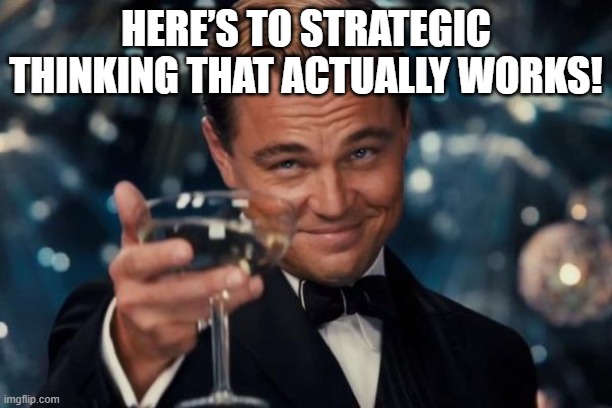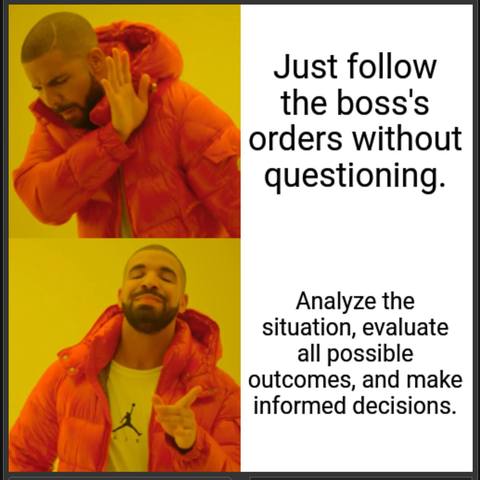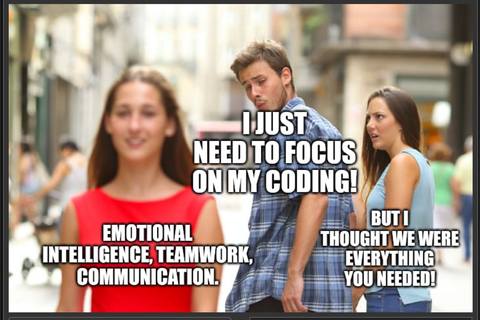Is a crypto crackdown possible in the future?
Disclaimer:
This text is a translation of a post from a friend of a friend on Facebook.
I do not know this person and have no connection to them.
I do not use any cryptocurrencies and have no involvement with any operations or people related to cryptocurrencies or the company Telegram.
Here is the link to the original post:
To my friends from Telegram. Urgently fly to Russia.
1. In January 2023, Anatoly Legkodymov was arrested in the USA. He was involved with the BTC Banker bot in Telegram. At that time, it was the largest bot for crypto exchange. A few weeks later, the entire project team was arrested, including Pavel Lerner (the creator of Exmo and Utorg exchanges).The team has been in France all this time, waiting for trial. Nothing is happening, no information is coming through. I spoke with the girlfriend of one of the team members yesterday.The French court, prosecutor’s office, and Europol are not making any decisions. They are simply transmitting the charges from the USA. I have seen the charges. The lawyers are completely useless. In cases of this level, with interest from the USA, they have no influence.Only Anton Shkurenko managed to escape. He decided to stay in Moscow. Everyone who was outside Russia has been arrested.
2. In December 2023, upon arriving in France, my friend was arrested. There is no information about this in the Russian media. Those in the crypto exchange community know him. The French authorities arrested others as well, people they believed to be connected. This included the pregnant wife of my arrested friend, who is a housewife. Since December, there has been no information. They are just sitting and waiting. They are in the same detention center as the BTC Banker people.Only the part of the team that was in Russia managed to escape. Naturally, they are no longer leaving Russia.
3. Two years ago, my friends from Tornado Cash were arrested. Those who were abroad were arrested. Alexey was sentenced to 6 years in the EU. Roma, thank God, was placed under house arrest while waiting for trial in the USA. Waiting for trial is terrifying, the nerves burn terribly because of the uncertainty.In Tornado, only those who were in Russia escaped. They are doing fine.
4. A month ago, a group of Russians, about 10 people, was arrested in the UAE. They were immediately extradited to the USA. There is no information about this in any media. The charges are for bypassing sanctions through crypto payments.
The part of the team that was in Russia managed to escape.
5. Vinnik and BTC-e. You know the story. It’s worth mentioning that the employees of the successor exchange, Wex, were also arrested abroad later on. I am 100% sure they were only released under very special conditions. Specifically, full cooperation. You could say they were lucky. Otherwise, they would be imprisoned for a long time.
6. Roma Sterlingov. The creator of the Bitcoin Fog mixer. He was arrested in 2021. Roma wasn’t lucky—he didn’t get house arrest while waiting for trial. He waited three and a half years in a US prison. The jury trial was held very recently. He was given 30 years. The prosecution asked for 50 years. Ten days ago, Roman’s defense team filed a 37-page appeal against the sentence. But I think it’s already useless. I will write a link to the document on the justice department’s website in the comments.
Summary
Five out of the six tragedies above happened right in front of my eyes. I knew the members of the teams. Statistics show that staying outside Russia is the worst possible decision.
In the worst-case scenario: In Russia, there are no long sentences for such crimes. And the comfort level of serving time in a settlement colony in Russia is comparable to Norwegian prisons.
Practice shows that in Russia, they leave you alone. Especially now, when the world has become bipolar. And even before the split: remember Jan Marsalek. He is doing fine in Russia.
There is no way to help Pavel anymore. His arrest is not the beginning of the process. It is the result of long-term work by a large number of specialists in the USA.
I personally saw the charges in the above processes with my own eyes. They were not prepared by Interpol or Europol. They were prepared by the USA. France is simply a place of detention and waiting. The headquarters of Interpol is there. The local authorities and law enforcement agencies are simply relays for the USA.
The chronology of other cases shows that after the first arrest, the arrest of the teams always follows without exception. Those team members who decided to urgently fly to Russia – their fate turned out well. Others who decided to defend themselves in the West – their fates turned out badly. I could give another five examples; they all follow the same pattern.
Friends, your main goal now is to protect yourselves. Your time may be running out. Find an opportunity for an emergency move to your homeland. And don’t fool yourselves into thinking the UAE is a neutral zone.







